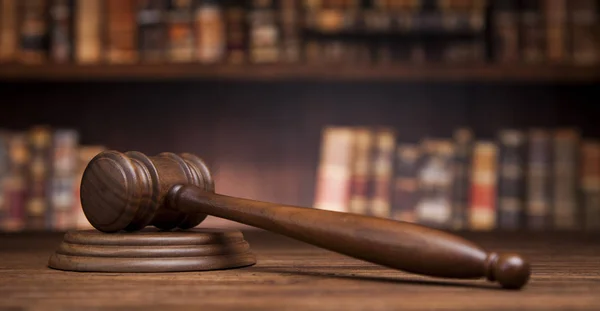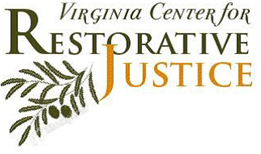Our Programs |

Restorative justice gives victims a voice in deciding how the harms caused by crime will be redressed. They can say what happened to them and talk about it with supportive, trained community members. VCRJ uses several different locations to facilitate restorative dialogue.
| In Jails and Prisons Unlike the traditional criminal justice system, restorative justice maximizes opportunities for exchange of information, participation, dialogue and mutual consent between the victim, the offender and representative members of the community. Mutual agreement takes precedence over imposed outcomes, and opportunities are provided for remorse, forgiveness and reconciliation. Restorative justice places responsibility upon the offender to make things right with the victim to the extent possible. If the case is diverted to restorative justice, before it goes to court, the state does not impose sentencing. The case is diverted. Only if the case is sentenced to restorative justice, after the hearing the case before a Judge, does sentencing occur. Per John - “I think having forgiveness for someone is just the same as trying to understand that person....." |
In Courts:
VCRJ receives referrals from the Circuit, General District and Juvenile Courts. We partner with court staff and volunteer Community Participants to offer restorative justice services as a restorative response to crime. We address the harms, needs and obligations of both the person who was harmed and the person who did the harm.
Court Referrals: By experiencing the restorative process, the person who did the harm gains a better understanding on how their actions have harmed the victim, themselves, and the community. Victims are given an opportunity to ask questions that have not been answered, tell their story, relate the impact of the harm (crime) and have a voice in deciding what the person who did the harm needs to do to make things right. Both involved in the conflict are given the opportunity to accept responsibility, if any, for their part in the harm. They become accountable to one another and the community. |
Juvenile Detention Program: In the restorative detention community, juveniles participate in a decision-making process to determine the values they choose for relationships. They are empowered to maintain those values as members of the community. They explore the concept of the circle as a way to address conflict on an on-going basis. |
At Church The often recited phrase in the Lord’s Prayer, “Thy kingdom come, Thy will be done, on Earth as it is in Heaven” speaks of what is to be in this world. The Sermon on the Mount provides a concrete message about how this is possible. Jesus describes punitive justice, i.e., an eye for an eye, as the old covenant. He says that he brings us a new covenant, a different way of responding to conflict: love even your enemies. The role of the church in making Earth as it is in Heaven is not to be underestimated. Restorative justice is walking the walk, following in the footsteps of Christ. |
In Schools Restorative practices are beginning to be used in a growing number of schools to address disciplinary problems. By attending to needs as they arise, restorative practices can create a dramatic shift in the school environment that many school administrators and students say is beyond what they thought was possible. Teachers and students learn to be with each other without putting others down or hurting them. One of the keys to the success of restorative schools is that it is possible to adapt the restorative process as it is being created to accommodate the particular school being served. The different customs, cultures, traditions and languages that a diverse student body brings to a school can be held within the container that restorative justice provides. |
Currently, our Schools Program is designed especially for 3rd – 5th graders. It is a five-week, 1.5 hour after school, program which uses the Dialog Circle Process designed to include all students in the discussion. Each week we use art and music activities that promote and illustrate the following: Trust, Honesty, Respect, Empathy and Forgiveness. “First they just took small stuff like Chap Stick and cosmetics..." |



